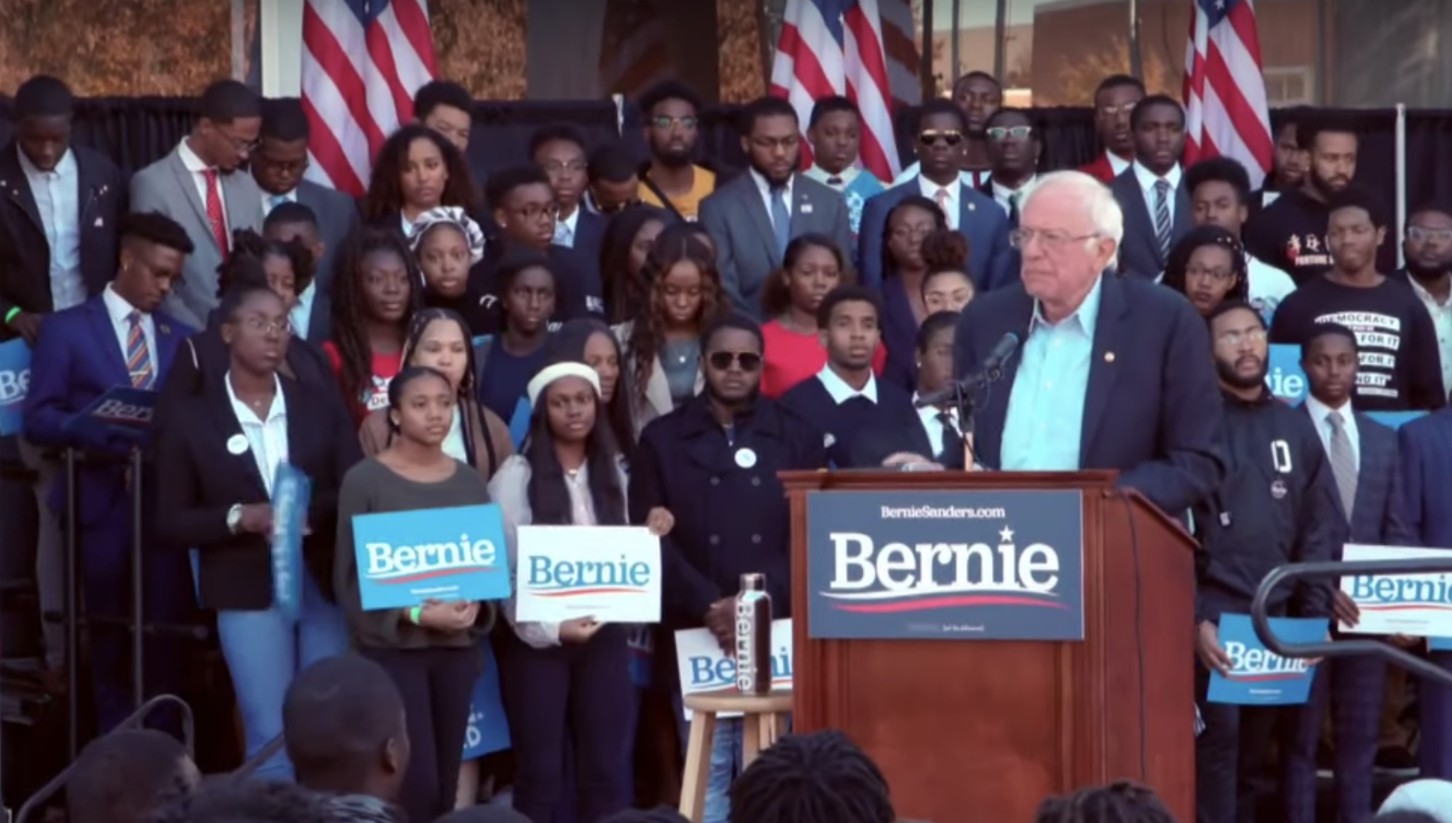Sen. Bernie Sanders released a detailed plan to his campaign website Thursday that outlined exactly what his potential administration would have in store for HBCUs and other minority-serving institutions.
The senator has long been a proponent for affordable education, previously pledging to make public colleges and universities tuition-free, as well as cancel all student debt.
"Minority Serving Institutions (MSIs) educate a disproportionate number of students who are the first in their families to attend college and serve 40 percent of underrepresented students," Sanders said in a signed statement introducing the proposal on his campaign website. "As President, I will make historic investments in HBCUs and MSIs to strengthen and support those institutions and create environments for future generations of graduates to thrive."
Sanders' plan for supporting this underrepresented part of education includes eight separate points, which are laid out in the details of the plan on his website. On top of looking for $48 billion per year to eliminate tuition and fees at four-year public colleges and universities, Sanders would call for an additional $1.3 billion to be provided to private, nonprofit HBCUs and MSIs per year to eliminate or significantly reduce tuition and fees.
Sanders also called for the expansion of Pell Grants to cover other expenses, as well as the removal of barriers to Supplemental Nutrition Assistance Program benefits for college students.
Surrogates for the campaign recently went on a country-wide HBCU tour, which was handled by former Chicago mayoral candidate Ja'Mal Green and Sanders' national campaign co-chair Nina Turner.
See, @BernieSanders said these things when they weren’t popular. We aren’t just fighting for him to become president, WE WILL BECOME PRESIDENT! #Bernie2020
#CreativesMeetUp
#Atlanta
#NotMeUs
pic.twitter.com/5vrMbRx2jU— Ja'Mal Green (@JaymalGreen) November 20, 2019
Alpha Phi Alpha Inc. opens up for @BernieSanders at @Morehouse
pic.twitter.com/1KAA5Igc2m— Gary Grumbach (@GaryGrumbach) November 21, 2019
"I was arrested and went to jail fighting housing segregation in Chicago.
I know that that's usually not the kind of thing pres. candidates advertise, but it's a better way to go to jail than the corruption that currently goes in the White House" @BernieSanders at @MoreHouse
pic.twitter.com/HEGK7nWFJD— People for Bernie (@People4Bernie) November 21, 2019
“Our shirt says: Bernie for HBCUs and not the other way around," Turner explained in an interview with The Damage Report. "That positioning … sets the foundation for what this campaign is all about and shows the commitment that Sen. Sanders has for both private and public HBCUs because he does understand their unique position.”
Sanders is currently polling third among Democratic candidates with Black voters, behind Sen. Warren and former Vice President Joe Biden.

